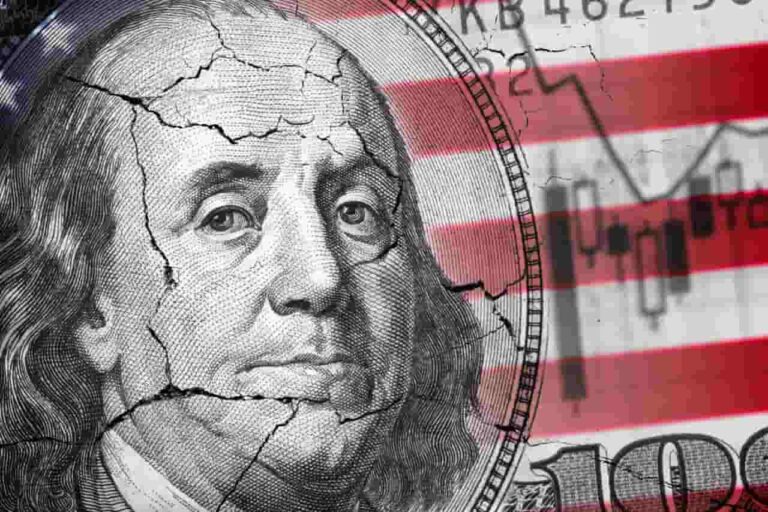
The Rising Risk of U.S. Recession in 2025
The U.S. economy faces troubling times as Moody’s Analytics warns of an “uncomfortably high” probability of a recession within the next 12 months. According to their latest machine-learning-based economic indicator, the chance of an economic downtown stands at 48% as of August. While still under the 50% threshold, historical trends indicate this figure as a strong warning sign.
Historical Patterns Indicate Concerns
Mark Zandi, Moody’s chief economist, highlighted that every instance where probabilities exceeded the mid-40% range since the 1960s has either led to or coincided with an economic downturn. This data, based on decades of analysis, showcases that a recession often follows spikes at this level.
Several key sectors, including manufacturing, construction, and transportation, are under strain. Furthermore, job growth has slowed dramatically, and some U.S. states, contributing to nearly a third of the national GDP, are reported to be either in recession or teetering dangerously close.
Key Contributing Factors
Zandi points to various economic challenges intensifying the risks. Trade policies, immigration restrictions, and falling workforce participation are adding immense pressure. In particular, smaller-than-anticipated job growth, rising unemployment rates, and downward revisions in previously reported statistics further underline the fragility of the current economic climate.
The economist describes this scenario not as a technical recession but as the U.S. economy being “on the precipice.” For those navigating uncertain markets, staying informed and diversifying investments remain critical strategies.
How to Navigate Economic Uncertainty
With such uncertain times ahead, savvy financial decisions are crucial. For those considering alternative investments, platforms like eToro offer opportunities to trade cryptocurrencies, stocks, and precious metals with zero commission on stocks. It provides an accessible starting point for individuals looking to diversify their portfolios.
As history has shown, being proactive and informed may significantly help mitigate the effects of economic slowdowns. Keeping an eye on job trends, trade policies, and consumer behavior will remain vital for individuals and businesses alike.
Final Thoughts
The U.S. economy may not yet be in recession, but the warning signs are clear. Staying prepared, monitoring economic shifts, and leveraging tools such as AI-informed market predictions are essential steps to navigate these unpredictable times.





